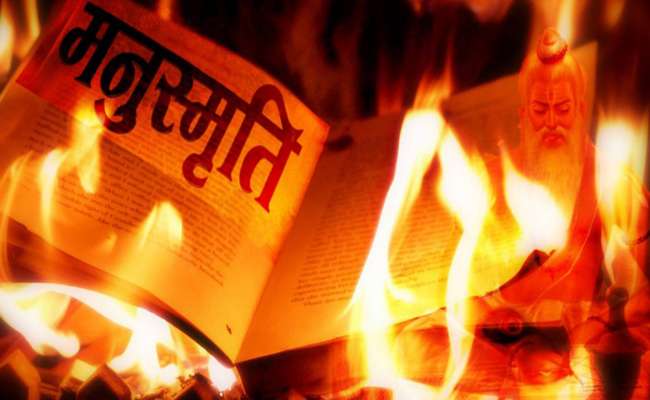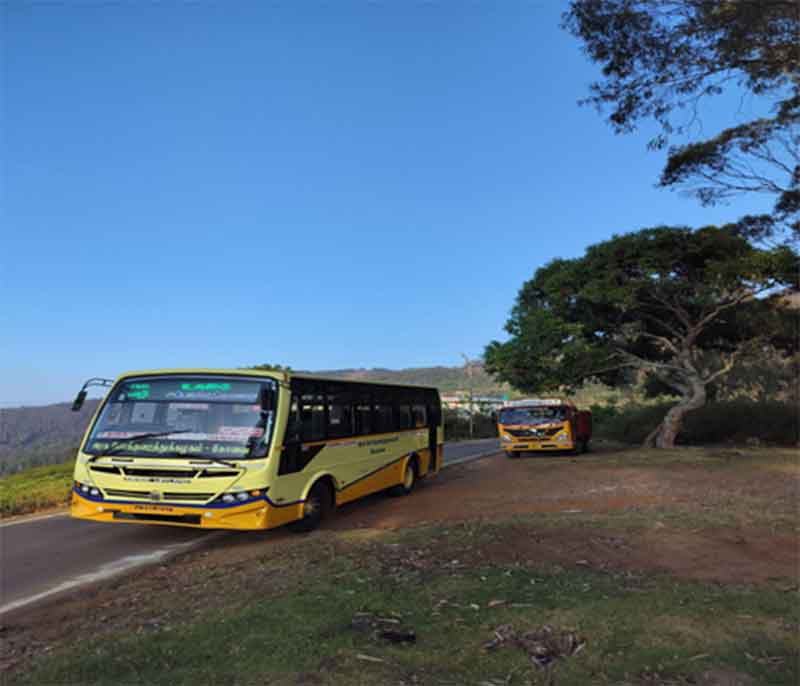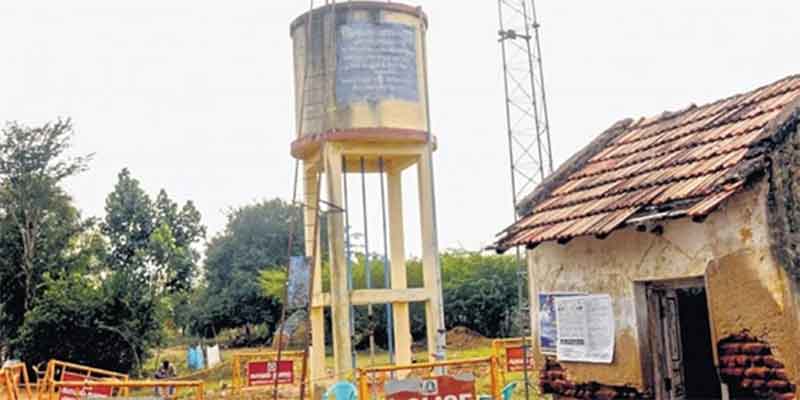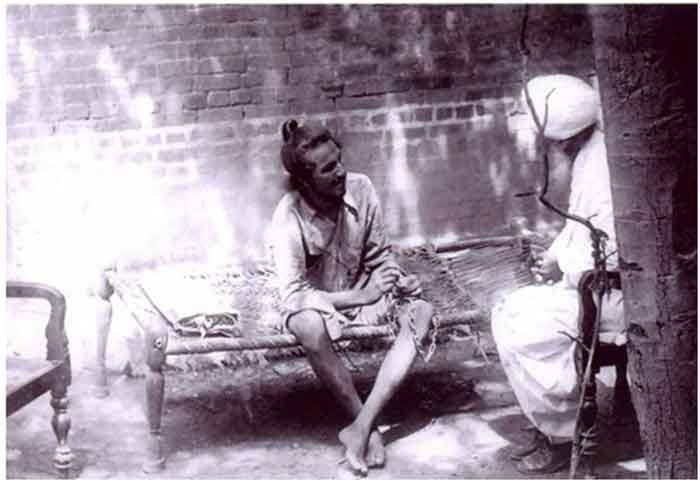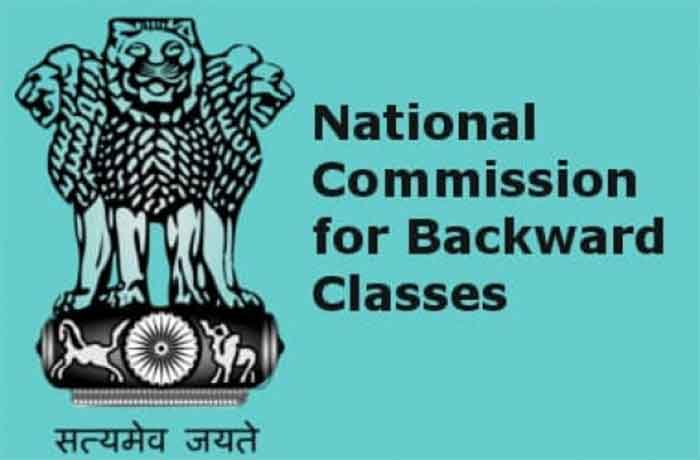
- Introduction
National Commission of Scheduled Castes and National Commission of Scheduled Tribes, both constitutional bodies constituted to protect and monitor implementation of safeguards to Scheduled Castes and Scheduled Tribes have been lying vacant at highest level for the past six months.
Barring employees, there are no Chairman, Vice-Chairman and Members. The governing body is vacant. Both the constitutional bodies are bereft of Chairman, Vice-Chairman and Members as on date.
So investigations based on the complaints have slowed down, no Hearings are scheduled and therefore the ever elusive justice for Scheduled Castes and Scheduled Tribes (SC/ST) in India has now become completely extinct.
The consequence of an “empty” or “headless” National Commission of Scheduled Castes and Scheduled Tribes is that 300 million SC/ST communities spread across the nook and corner of India are deprived of the only free access to justice against countless caste-atrocities and the successful grievance redressal mechanism existing in India against the polymorphic caste-apartheid and caste-terrorism.
According to National Coalition for Strengthening the SC/ST (Prevention of Atrocities) Act (NCSPA), “Every 15 minutes Dalits and Adivasis are subject to some form of atrocities. Everyday 3 Dalit women are raped, two dalits are murdered and 11 dalit beaten up. Every week 5 houses of Dalits are set on fire and six Dalits are kidnapped” (IDSN, 2020)
- Eluding justice for 300 million strong SC/ST:
Justice eludes Scheduled Castes in Independent India who have been facing caste-violence and caste-terrorism for thousands of years. Caste-terrorists rarely face comeuppance.
If the data that Dalits and Adivasis are subjected to some sort of violence every 15 minutes is persistent, then it means the much publicized enactment of Scheduled Castes/Scheduled Tribe (Prevention of Atrocities) Act -1989 amended in 2016 to protect rights, dignity and lives of Scheduled Castes and Scheduled Tribes hasn’t worked or worked only on paper.
In India, there are primarily two ways a Scheduled Caste can seek justice against caste-apartheid and caste-terrorism.
- A) Register a criminal complaint in the nearest police station under SC/ST Atrocity Act,
- B) File a civil complaint with National Commission of Scheduled Castes/Scheduled Tribe.
Registering a police complaint in India is riskier. The institutions like police station or a court are dominated by the very same caste-hierarchy that is visible across the society. The situation is so serious that the victim after bearing the brunt of caste violence will have to wage another battle to register a complaint in police station who most often refuse to register the case in the first instance forget the shoddy investigations and weakening the cases at later stages. (The Wire, 2018).
Plenty of evidences are documented that the victims are even more victimized in a police station. It is a paradox the caste-atrocity continues even in a police station.
Then, justice through SC/ST Atrocity Act is even more costly. The victim has to hire a legal counsel, preferably a counsel belonging to Scheduled Caste which in itself is herculean task. Then he has to expend his hard earned money to the legal counsel to meet legal expenses. Even after overcoming these systemic hurdles within the criminal justice system of India, there is no guarantee that justice will be delivered to the caste-victim.
For example: Online news portal/blog “The Wire” reports in 2018 the high acquittal in SC/ST Atrocities cases due to failure of police and prosecution.
- National Commission of SC/ST: An alternative justice delivery system
In contrast, National Commission of Scheduled Castes/Scheduled Tribes has advantages. A caste victim needn’t have to hire a legal counsel. A complaint written on an A4 size plain paper, narrating the facts of the caste-violence will suffice to lodge complaint with National Commission of Scheduled Castes. Both constitution bodies will then conduct inquiry and summon any authority including the police through its civil court powers vested by Article 388 of the Constitution of India.
So, there is a greater chance of the caste-victim getting compensation from National Commission of Scheduled Castes/Scheduled Tribes than with the current level of implementation of SC/ST Atrocity Act where the caste-dominated police system often deliberately close the cases much to the relief of the perpetrators of caste-violence.
The added advantage of National Commission of Scheduled Caste is that the governing and decision making body at the top consisting of Chairman, Vice-Chairman and Members (about 3-4) are all appointed from amongst the Scheduled Castes and Scheduled Tribe. This offsets the drawback found in the police system dominated by casteist elements.
But, the only drawback of National Commission of Scheduled Caste/Scheduled Tribes is that the case once filed has to be pursued relentlessly by the caste-victim. This is due to the huge overload of complaints received from all over India on daily basis.
Although the civil servants and employees of National Commission of Scheduled Castes/Scheduled Tribes belong to multiple castes and therefore bias and partisanship can prevail sometimes hurting the process of grievance redressal and justice delivery, however the presence of the Chairman, Vice-Chairman and Members from amongst the Scheduled Castes and Scheduled Tribe community reduce the impact of any such bias, partisanship and delay.
Thus, with little pursuance, a caste-victim can avail justice and compensation by National Commission of Scheduled Castes although the perpetrators and terrorists of caste-violence are never penalized due to what appears to be a ploy of the creators of this constitutional body to make it toothless and not bite the dominance of caste-hierarchy in India.
Now, with the posts of Chairman, Vice-Chairman and Members of National Commission of Scheduled Castes remaining vacant for the past six months both bodies have become not only toothless but also headless! Thus, one of the vital lifeline and justice seeking mechanism for SC/ST in India has been seriously impaired, if not cut-off, with the result that the vast majority of caste-victims are rendered helpless. This is a pressing issue in eradicating caste-atrocity and strengthening the nation.
- Needed strengthening of constitutional bodies:
Unfortunately, vast majority of SC/ST both educated and uneducated are oblivious of this impairment of the constitutional bodies and institutions of National Commission of Scheduled Castes and Scheduled Tribes for the past six months. Most of the Dalit leaders/associations have failed to recognize the eventual loss of an important grievance redressal mechanism available for millions of SC/ST across India.
Therefore, vast majority of caste-victims belonging to SC/ST today have no other choice now but to approach the costly but uncertain method of seeking justice through SC/ST Atrocity Act where there is no guarantee that they are at least compensated if not justice is ever delivered to them.
So, it is urgent that this all important National Commission of Scheduled Castes/Scheduled Tribes are strengthened through,
- Filling up of not only vacant constitutional posts at the top most decision making body but also employee vacancies in regional offices.
- Presently, regional offices are largely confined to state capitals or at most one regional office for two or more states. More number of regional offices needs to be created within a state so as to cater to the 300 million SC/ST population and increasing caste-atrocities.
Strengthening these institutions will reestablish the faith of vast majority of SC/ST in these institutions and strengthen the society as well as the nation.
This should happen at the earliest; else anti-national elements can exploit the frustration of the vast majority of caste-victims to further their nefarious goal of weakening the country at this most inopportune moment when the country is facing twin aggressions of COVID-19 as well as China.
(Views expressed are personal)
References:
- International Dalit Solidarity Network (IDSN). (2020). National Coalition for Strengthening the SC/ST (Prevention of Atrocities) Act. Retrieved from https://idsn.org/wp-content/uploads/user_folder/pdf/New_files/India/SCST_PoA_Act_20_years_report_card_-_NCDHR.pdf
- The Wire. (2018). High Acquittal in SC/ST Atrocities Cases Due to Failure of Police, Prosecution: Centre to SC. Retrieved from https://thewire.in/caste/high-acquittal-in-sc-st-atrocities-cases-due-to-failure-of-police-prosecution-centre-to-sc
J Harsha is a post-graduate MS in Hydraulic Engineering & River Basin Development from UNESCO-IHE, The Netherlands. He did his graduation in University Visvesaraya College of Engineering in 1998. In 2001, he joined service in Government of India as Assistant Director after successfully clearing the UPSC Combined Engineering Service Exam. He is presently working in Central Water Commission, Ministry of Jal Shakti, Government of India as Director at Regional Office of Chennai, Tamil Nadu, India.
Views expressed are personal
SIGN UP FOR COUNTERCURRENTS DAILY NEWSLETTER

